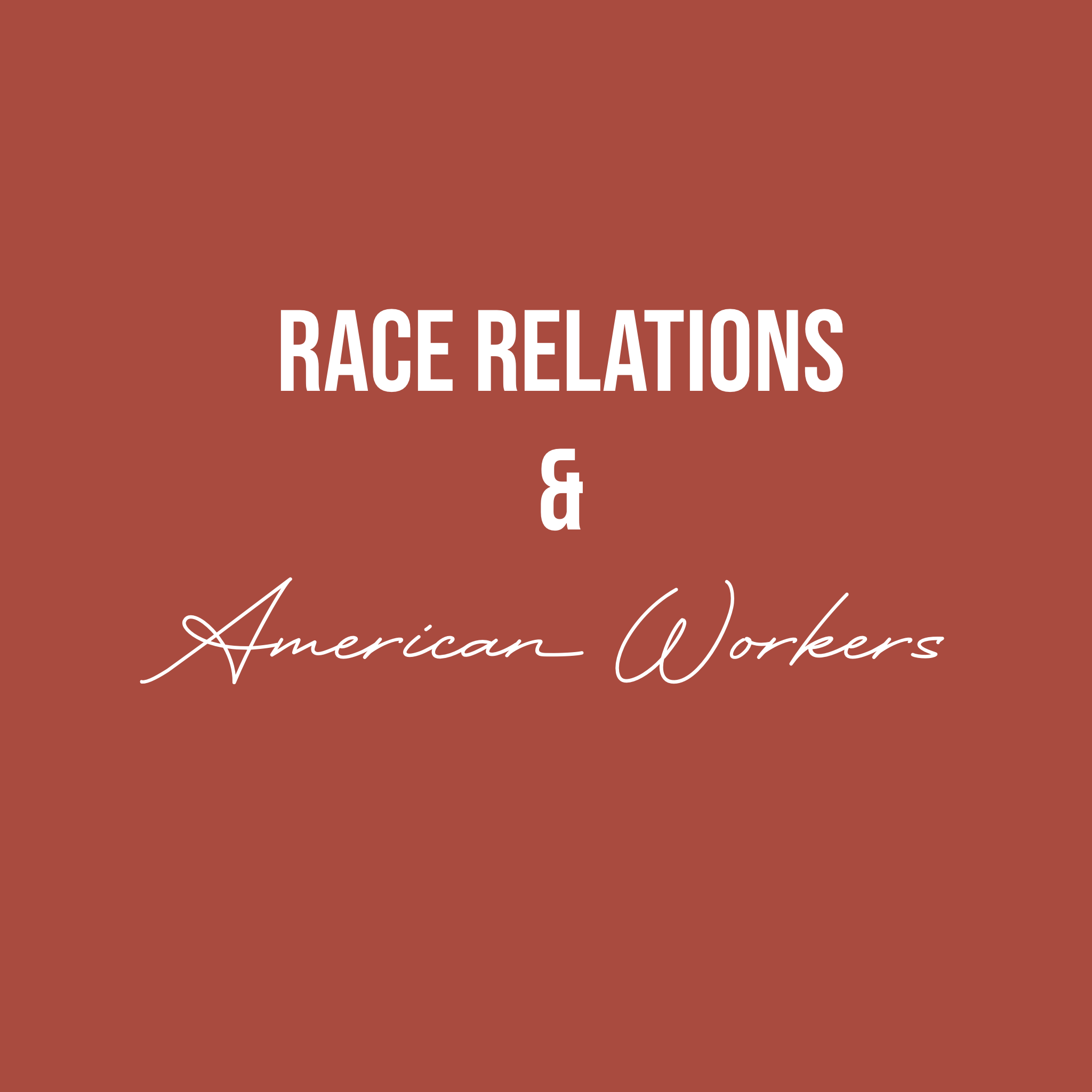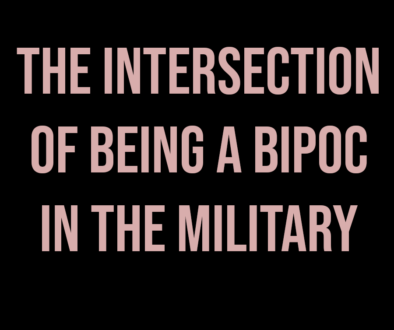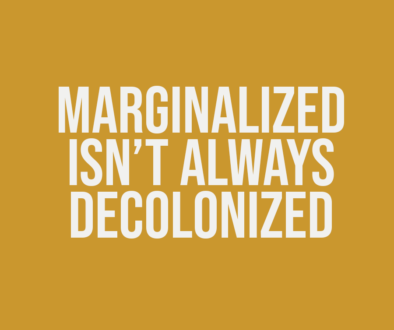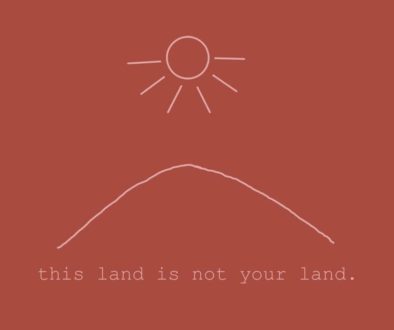Race Relations & American Workers

Every year, we celebrate Labor Day on the first Monday of September. For many Americans, it signifies the end of summer, the beginning of Fall, a new school year, shopping, etc. It’s supposed to be a day to celebrate the achievements of workers, but like many other achievements in America there’s an asterisk next to that word, especially as it pertains to BIPOC.
Why do we celebrate the achievements of workers? For the same reason a minimum wage job gives their star employee a plaque and a gift card instead of a raise. Because in order for capitalism to keep the wheels turning, it historically employs either worthless praise or concentrated blame. When it chooses the latter, the results are usually at the detriment of non-white people.
During the Civil War, the Union implemented a mandatory draft for white males between the ages of 20 and 35, unless they could afford to buy themselves out. Free Black men in the Union were exempt from the draft for obvious reasons. They were not citizens. Many chose to fight for the Union anyway, but with the understanding that death was not the only potential fate if they went to the South. Confederate newspapers at the time were printing articles about free Black men stealing jobs from white men, which was clearly untrue. In July of 1863, white workers targeted and killed at least 11 Black citizens, assaulted many others and burned down a Black orphanage housing over 200 children. Black families were terrorized at the hands of white supremacy. While we learn that the North was “welcoming” to free Blacks, it’s important to remember that white supremacy and capitalism are best friends.
Race is a social construct meaning someone just decided to make different races a thing one day and it’s something we continue to perpetuate. Race is a social construct in order to facilitate racism. Race exists so prevalently in our lives so that things like this happen. Capitalism continues to oppress people who have less money, and when those people get frustrated, instead of being logical, they’re able to be convinced that their interests align more with a capitalist who is actively oppressing them than a Black person who’s just trying to survive in a place that hates them.
Similar happened in 1917 when the Aluminum Ore company factory workers decided to strike. Instead of negotiating, the company bought in 470 Black workers. In retaliation, the white workers didn’t do anything to their employers. Instead, they ravaged the Black neighborhood nearby, killed at least 100 Black citizens and burned down countless Black homes and businesses. The same Black people who had been trying to survive with even less resources than they had, not the folks who didn’t value them or their labor.
In more recent years, the words have changed but the rhetoric is the same. Capitalists, aided by elected officials and white supremacy have demonized jobs traditionally held by BIPOC, often piting the white workforce against them. And it works, nearly every time. Instead of working together to make it easier for all of us to survive, white workers find racism easier.
That’s why anti-racism is for everyone. It seeks to tear down the systems that oppress us all, but when you bring up oppression, many white people would rather ignore that racism exists because they’ve been taught that the folks at the top are for them. White privilege has done its job so well that even poor white workers would rather continue working for they system because they believe their race is supreme. They might be poor but they’re still white, so they choose to identify more with their billionaire boss who exploits them than their Black co-worker trying to form a union for everyone.
This isn’t news to BIPOC. We’re always saying it. But now we need white anti-racists to say it too. We need you to formulate your Labor Day conversations around how Labor Day isn’t a patriotic holiday, but a holiday that was made to cull an uprising. We need you to tell your cousin that no, immigrants aren’t stealing jobs. Capitalism is stealing their jobs because it decides to steal the cheapest labor it can have, no matter what the law says.
We’re forming a coalition of anti-racists who are immersed in small business, whether they’re owners, shoppers, supporters or influencers. We believe that the small business world & its influence can and should work towards an anti-racist future that values BIPOC lives and voices and provides value to workers in America. Anti-racism truly is for everyone and we believe that a coalition of small businesses and their supporters can help to ensure that Labor Days in the future look different for BIPOC and by proxy, for everyone.



